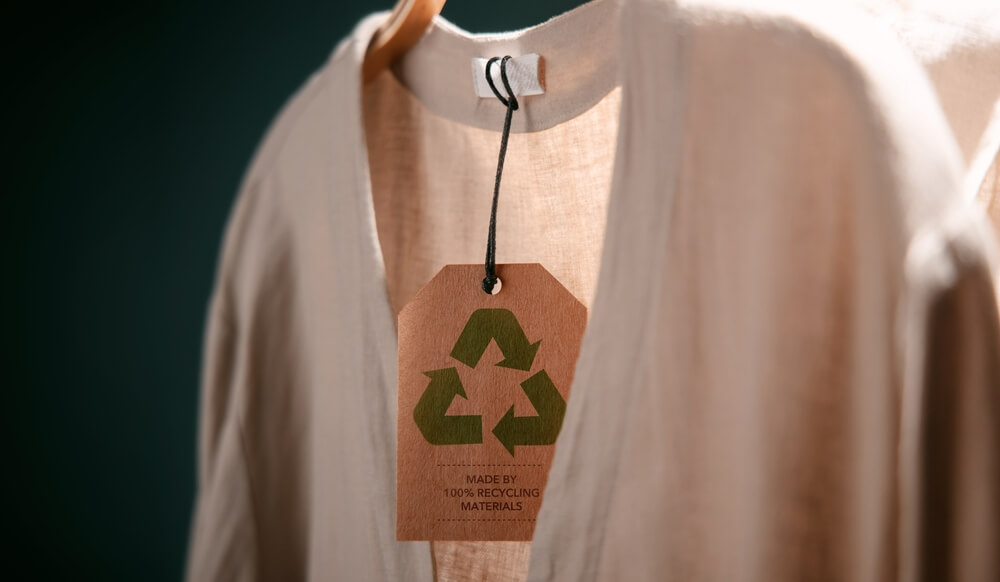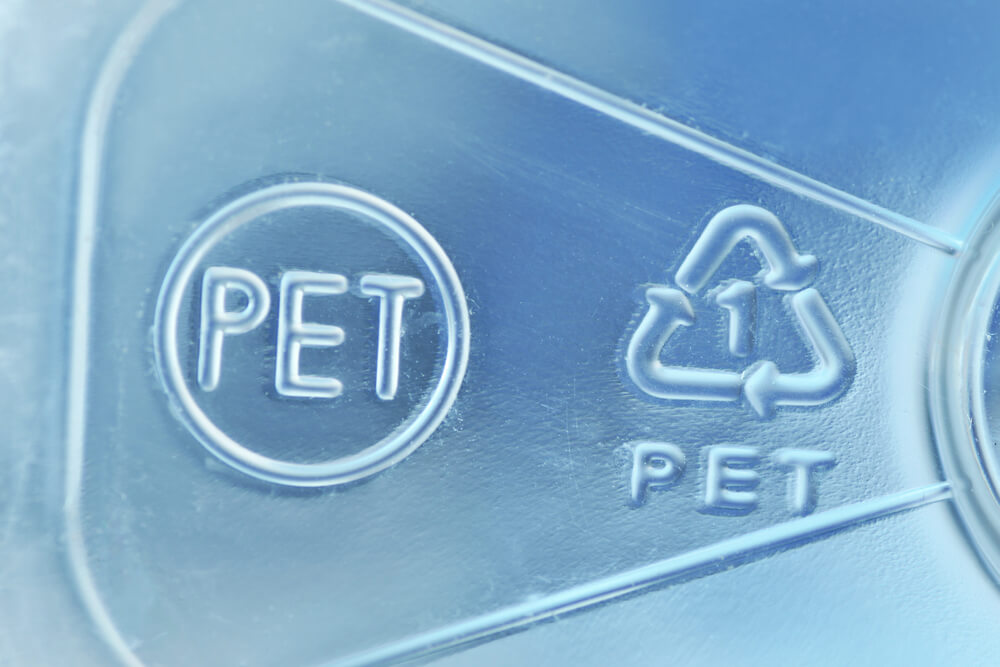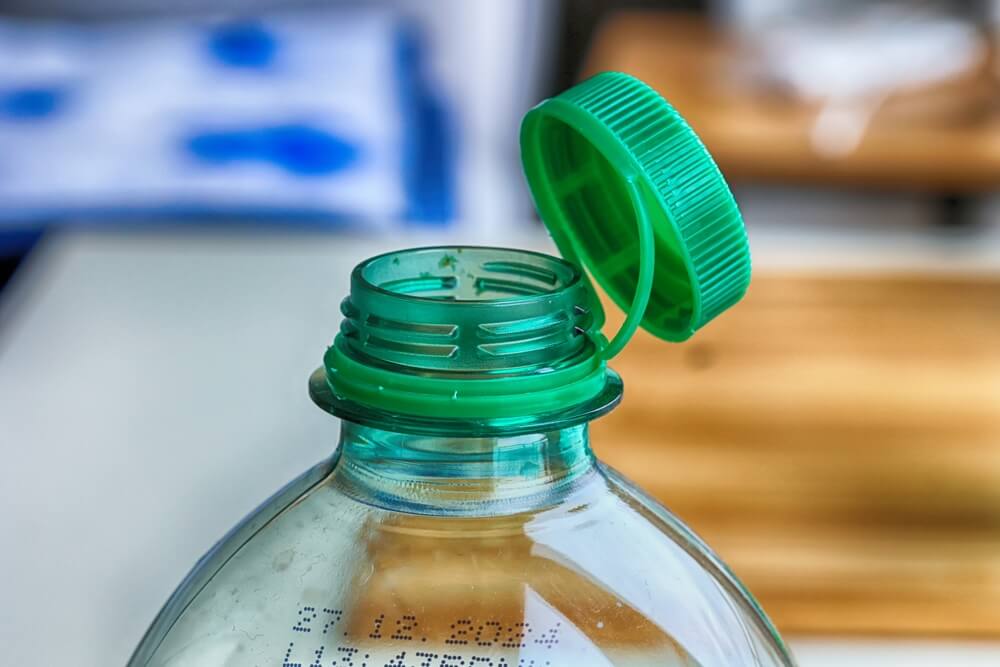Have you ever wondered what happens to the plastic bottles you toss into the recycling bin? They often get a second life as brand-new products thanks to innovative recycling processes. Not only does this help reduce environmental waste, but it also supports a more sustainable lifestyle and economy.
In this blog post, we’ll explore the world of products made from recycled plastic bottles. We will also decode those confusing recycling codes and explain what PCR (post-consumer resin) recycled plastic products are. Let’s get started!
Products Made From Recycled Plastic Bottles

Stylish Clothing and Accessories
Fashion can be sustainable, too! Many brands now use fabrics made from recycled plastic bottles to create stylish clothing and accessories. Companies like Patagonia and Adidas have pioneered using recycled PET (Polyethylene Terephthalate), turning plastic waste into everything from jackets to shoes. These garments are not only trendy but also durable and comfortable.
Eco-Friendly Home Goods
Your recyclable plastic bottles could be reincarnated as various home goods. Rugs, cushions, and even furniture can be crafted from recycled plastics. Brands like Ikea have embraced this trend, offering eco-friendly products that make your home look good while doing good for the planet.
Durable Outdoor Gear
Several companies offer gear from recycled plastic bottles for those who love the outdoors. These products, from backpacks to sleeping bags, are designed to withstand the elements. Brands like The North Face lead the charge in turning waste into high-performance gear, ensuring that your adventures are thrilling and sustainable.
What Do the Recycling Codes on Plastic Products Indicate?
Ever noticed those little numbers inside the recycling symbols on your plastic products? These codes are crucial for sorting plastics and ensuring they are recycled correctly.

Decoding the Numbers
- 1 – PET (Polyethylene Terephthalate): Commonly used for drinks bottles and is highly recyclable.
- 2 – HDPE (High-Density Polyethylene): Found in milk jugs and detergent bottles, also widely recycled.
- 3 – PVC (Polyvinyl Chloride): Used in plumbing pipes and not commonly recycled.
- 4 – LDPE (Low-Density Polyethylene): It makes up many plastic bags and packaging films and is recyclable but less commonly used.
- 5 – PP (Polypropylene): Used for yogurt containers and can be recycled in some areas.
- 6 – PS (Polystyrene): Found in disposable coffee cups and can’t be easily recycled.
- 7 – Other: Includes plastics like acrylic and nylon, which are not typically recycled.
Importance of Proper Sorting
Properly sorting your plastics based on these codes ensures that they are processed correctly, maximizing the amount of material that can be recycled. This is essential for reducing landfill waste and supporting the production of new, sustainable products.
What Is PCR Recycled Plastic Product?
Post-consumer resin (PCR) is an environmentally friendly material made from recycled plastic products. It is a key component in creating new, sustainable products.
The Lifecycle of PCR
PCR is produced by collecting, sorting, and processing used plastic products. Once cleaned and converted into resin, it can manufacture new items, closing the loop in the plastic lifecycle. This process reduces the need for virgin materials and lowers greenhouse gas emissions associated with plastic production.
Applications of PCR
PCR is incredibly versatile and used in various industries:
- Packaging: Many companies now use PCR for packaging, from shampoo bottles to food containers.
- Textiles: As mentioned earlier, PCR is a popular material for making fabrics used in clothing and accessories.
- Construction: PCR is also used in building materials, including insulation and piping, making construction projects more sustainable.
Partner With Us
Recycled plastic bottles are not just trash but the raw materials for many innovative and sustainable products. The possibilities are endless, from stylish clothing to eco-friendly home goods and durable outdoor gear. Understanding recycling codes and the concept of PCR helps us appreciate the importance of proper recycling and its impact on our environment.
Tradepro is committed to supporting a circular economy by providing high-quality recycled plastic raw materials. Partnering with us means you’re not only investing in sustainable materials but also contributing to a cleaner planet.
Ready to make a positive impact? Contact us at Tradepro to learn more about our products and how you can join this sustainable movement.

